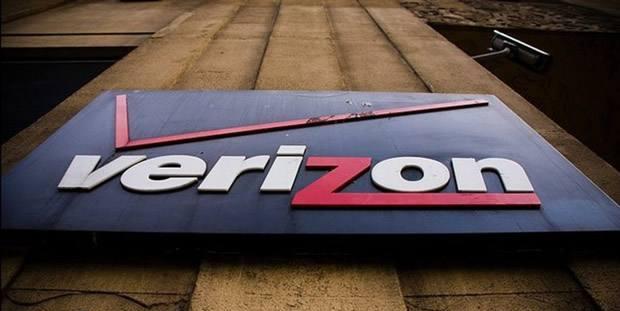According to the observations and judgments of some financial analysts, U.S. telecom operators Verizon and T-Mobile are likely to erode the core revenues of cable operators such as Comcast, Charter Communications, Cox Communications and Altice USA from 2022.

A financial analyst at LightShed Partners wrote in its 2022 outlook report: "This year is one to watch. The recent deployment of large-band spectrum by wireless carriers will enable them to provide viable home broadband services for a significant share of the market. ”
The debate is over fixed wireless access (FWA) services, which promise to deliver fixed internet connections to homes and offices. While FWA isn't new — the U.S. already has about 7 million FWA subscribers — Verizon and T-Mobile's new moves appear poised to push the technology into core areas of the cable industry.
forecast
"We predict that Verizon and T-Mobile will add 1.8 million home wireless broadband subscribers in 2022, more than double the 750,000 subscribers added in 2021." LightShed Partners analysts write. To better understand this growth, Comcast, Charter and Altice added a total of 2.4 million broadband subscribers in 2021 and 2.7 million in 2019, respectively. Investors expect the three cable companies to add more than 2 million broadband subscribers in 2022, but even this level of growth, down from recent years, could prove too aggressive. ”
Other analysts agree. Sanford C. Bernstein & Co., a financial analyst, wrote in a recent note to investors: "In the second half of 2021, the fixed wireless business may cost Comcast and Charter a total of about 180,000 users." ”
And, they see this as just the beginning of a "huge risk," they say: "This big risk seems to exist in late 2022 and 2023." As Verizon, T-Mobile, and AT&T deploy initial and subsequent C-band spectrum, and as T-Mobile expands coverage in its 2.5GHz band to the last-third of U.S. households, the availability of fixed wireless services should expand. ”
cause
There are many controversial factors. First, Verizon and T-Mobile are deploying a large amount of new spectrum into their networks. The increase in C-band spectrum (Verizon) and 2.5GHz spectrum (T-Mobile) will give them greater network capacity. According to OpenVault, this is important considering that each household consumes an average of nearly 500GB of network traffic per month. Meanwhile, Ericsson's data shows that smartphone users consume only 12GB of data per month on average.
Second, Verizon and T-Mobile have finally moved their FWA products from the testing phase to the deployment phase. Although Verizon has been discussing FWA services for years, it eventually began reporting actual customer counts late last year (the company had a total of 150,000 customers as of the third quarter of 2021). Similarly, T-Mobile first proposed its FWA strategy in 2018, but officially launched its 5G FWA service in April 2021 — the company has 646,000 home internet customers by the end of 2021, well above its target of 500,000. Both companies have recently lowered the price of FWA services.
Finally, the cable industry appears to be in the early stages of what some financial analyst firms describe as the "great deceleration." According to analysts at Moffett Nathanson, this slowdown in the cable industry is being caused by a number of factors, including a decline in the rate of new home formations, increased competition from fiber providers, and the provision of FWA services. Analysts said the situation "worries cable investors, especially as it appears to be just a harbinger of future prospects." ”
Broken promises
But this isn't the first time wireless executives have said they pose a threat to cable network operators. For example, Verizon's former CEO Lowell McAdam discussed the opportunity around "wireless fiber" in 2016 and how it would allow the company to compete with cable operators. (Verizon has since shifted its focus from the millimeter-wave spectrum, which forms the basis of Lowell McAdam's commitment.) John Legere, T-Mobile's former CEO, wrote in 2017 that the company plans to "disrupt traditional cable TV" with innovative TV services. (T-Mobile quietly shut down the TVision Home service in 2020, which originated from John Legere's promise.) )
Whether 2022 will be different remains to be seen. But it's clear that given the customer growth Verizon and T-Mobile have gained in recent months, FWA is rapidly shifting from a topic of discussion to a lucrative project.
Some analysts aren't too worried, though. "While we're seeing some wireless carriers lower fixed broadband prices by offering discounts on home broadband (fiber or FWA) services combined with mobile services, we believe that it's easier for cable operators to compete in the wireless space than it is for wireless carriers to compete in the cable space, because cable operators can provide service wireless services to their entire customer base, while wireless carriers can't afford to provide FWA services everywhere. Even for wireless carriers with large-scale fiber coverage (AT&T and Verizon), they still have a large number of wireless customers outside of their fiber network coverage, so they are not eligible for converged services pricing. Evercore financial analysts wrote in a recent report to investors. in Ace